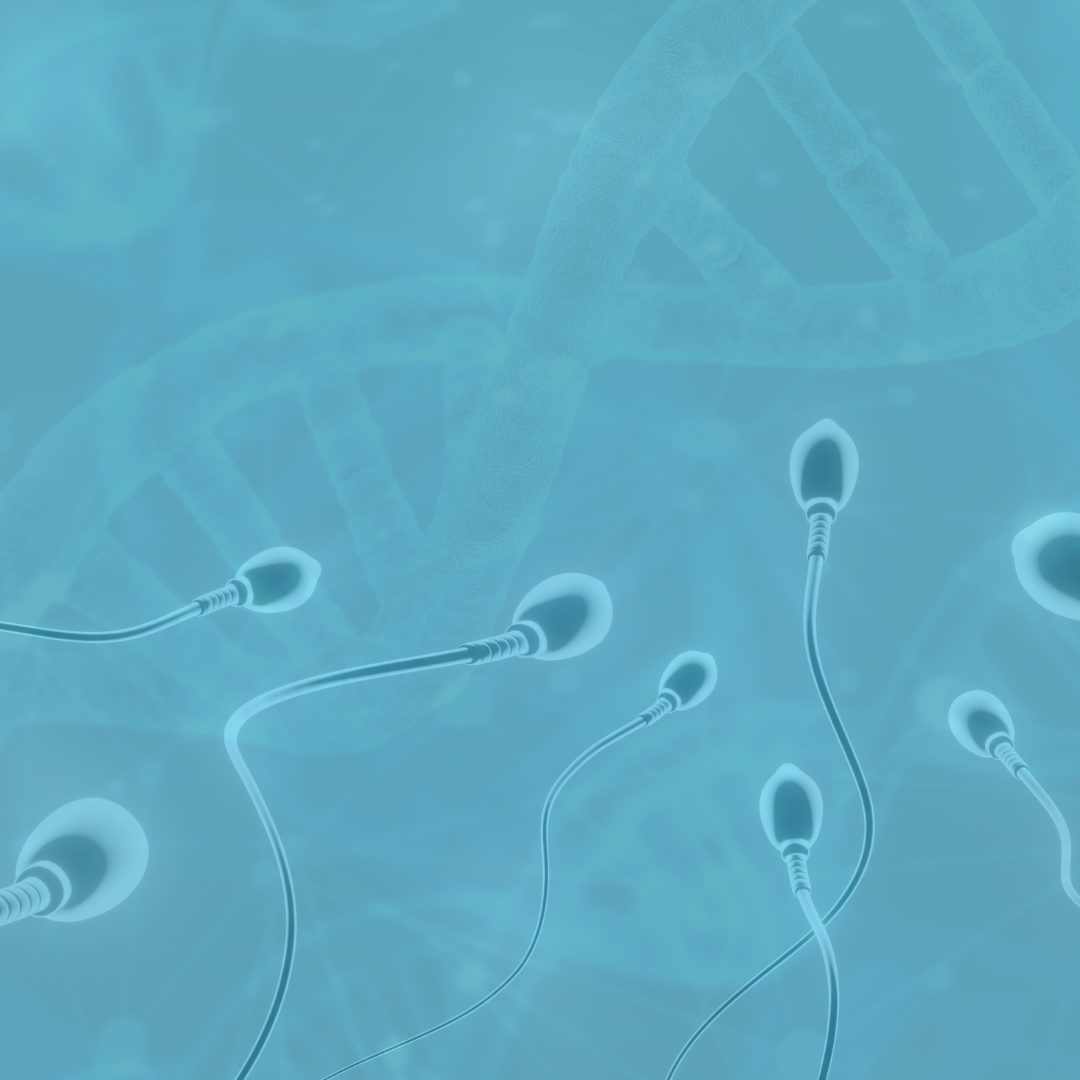It is common knowledge that couples are leaving it later to become parents. Research has shown that the number of fathers under 30 has dropped whilst those aged 35 – 49 has increased by around 50 – 60%.
Media focus is often on the women due to the nature of dwindling egg reserves which in recent years has seen coverage with celebrities such as Jennifer Aniston, Rebel Wilson and Rita Ora being open about their egg freezing choices.
Yet, interestingly we hear nothing like this when it comes to the men, in fact, quite the opposite. When male celebrities hit the headlines it’s usually in awe and amazement as to how old they are when they become a father such as Al Pacino (83), Robert De Niro (79) and Simon Cowell (54). Ramjeet Raghav, the world’s oldest father, even fathered a child at the age of 94! It’s almost as if they’re held up as shining examples of ultimate masculinity in the fact that they’ve fathered a child at such a ripe old age.
Should we be looking up to them or should we actually be concerned about how their aging sperm could be impacting their offspring? Should we perhaps be focusing a little more on what happens to a man’s sperm as he ages, because it really isn’t that great a picture?
The process of aging
Aging is a complicated process and there are hundreds of theories as to how it occurs. What we know for sure is we’re all doing it; all the time, and we’re all doing it differently. How you’ve lived your life, your diet, your genetics, your home life, your environment and so much more all play a role in our slow and steady decline.
Every single part of our body is impacted by aging. Our cells, brain, vascular system, organs all begin to degrade as we age so it shouldn’t really be a surprise to hear that the testes and male fertility is also impacted by age. Yet, this isn’t something we hear much about.
Hormones
In other articles we’ve discussed the importance of hormones in men. Often overlooked and rarely tested, they are an essential part of the fertility picture.
As much as men don’t necessarily experience a decline in hormones to the degree women do before and during menopause, there is still a decline. It may well be that this is one of the significant factors that sets off a whole cascade of changes which all contribute to a potential decline in sperm quality.
According to the research we reviewed there is a gradual and progressive decline in total testosterone levels of approximately 1% a year in men from the age of 30. Lower than average testosterone levels in men is referred to as hypogonadism and is often associated with certain medical conditions. However, in this article we’re only looking at the natural decline in these hormones due to age.
Testosterone, together with dihydrotestosterone (DHT), promotes the development of male characteristics such as hair growth, muscle development and the development of the penis, prostate and testicles. Testosterone is important in the development and maturation of sperm cells whilst also acting as a feedback mechanism to the pituitary gland regulating how much follicle stimulating and luteinising hormone (FSH & LH) are released. As men age, not only do we see hormonal changes, we also see physiological changes occurring within the testicles such as shrinking of the testicles, changes in the cells and changes in the membranes within the testicles and surrounding structures.
With smaller testicles so comes lower sperm production and lower numbers of the cells that contribute to sperm and testosterone production. As testosterone drops, FSH and LH production is increased to try and drive-up sperm production and subsequently testosterone production. However, as we age that doesn’t necessarily mean more sperm are produced. The sensitivity of the testicles to these hormones also deteriorates with age as fewer binding sites for the hormones become available. In some ways it becomes a vicious cycle of decline.
Testosterone also plays a key role in a lot of other important aspects of a man’s health so as it declines, we begin to see the onset of other associated health conditions which could further impact fertility health such as:
- Increased fat
- Decreases in muscle mass and strength
- Decreased bone mineral density
- Decreased libido and erections
- Decrease in energy
- Decreased cognitive function
- Decreased sleep
- Propensity to irritability and depression
So, you can see that it’s not the greatest of pictures as men age and this decline in hormones along with a rise in fat and other health issues will all contribute to a decrease in sperm quality and sex drive.
Sperm quality
It is thought that the hormone and physiological changes that occur within the testicles including, testicular atrophy (shrinking) with reduced volume, reduced number of Sertoli cells (and hence spermatogenesis), reduced number of Leydig cells and Leydig cell function (partly responsible for hypogonadism and responsible for the testosterone production) and thickening of the seminiferous tubules all add to the picture of reduced fertility and sperm quality.
Reduced volume within the testicles will contribute to reduced sperm production which in turn impacts hormone production. The change in Sertoli and Leydig cells will also have a significant impact on sperm quality as they are fundamental to sperm production and healthy sperm development.
Therefore, it is often found, and research supports the fact that sperm quality and quantity are significantly reduced as men age.
Oxidative stress
One of the many theories around the aging process is the role of oxidative stress. In very simple terms, oxidative stress occurs when the delicate balance between oxidation and reduction, i.e. the balance between reactive oxygen species (ROS, also sometimes referred to as free radicals) and antioxidants is shifted toward the oxidants, namely the oxidants overwhelm the antioxidants. Where the balance is towards higher levels of ROS then this shows the body is in oxidative stress.
Oxidative stress is well known in its role of causing damage to sperm and for inducing sperm DNA fragmentation.
As we age, our tissues and organs begin to degenerate which in turn raises oxidative stress and inflammation. Managing oxidative stress within the body is always essential in terms of maintaining good health, but also in terms of managing fertility. Lifestyle and diet are one of the main areas any man can focus on to manage his oxidative stress levels. However, as he ages there are other biological processes that occur within the body which will continue to raise oxidative stress regardless of a man’s diet and lifestyle. This continued decline in tissues, cells and organs in effect creates a vicious cycle of raised oxidative stress and further degeneration making it even harder to manage oxidative stress levels through diet and supplements alone.
Given the likely rise in oxidative stress and changes in hormones as well as the physiological changes, it’s no surprise that we also tend to see an increase in DNA fragmentation in older men.
IVF / ICSI and natural chances
It naturally follows that if men are experiencing declines in their hormones, physiological changes in their testicles, increases in oxidative stress and DNA fragmentation, then this is very likely to, and does, impact their chances of conception.
It’s worth noting of course that many women are also leaving parenthood until later in life which in effect compounds the aging male issue further as we know older women experience a significant decline in their fertility. Research to isolate advanced paternal age as the sole cause of increase ART failures is incredibly hard to produce due to the high number of variables so research in this area is mixed.
Nonetheless, from the research we reviewed there were multiples studies which demonstrated the following when paternal age was higher:
- Lower fertilisation rates
- Lower blastulation rates
- Higher cancelled transfers
- Lower pregnancy rates
- Higher miscarriage rates
- Lower live birth rates
Potential health problems in offspring
One aspect of men conceiving later in life that doesn’t get much coverage is the impact this may have on any future child.
Seemingly, as is always the case, there is mixed research in this area but there are a significant number of studies, all of significant size, that have shown a positive correlation between advanced paternal age and many health issues in the offspring.
The true mechanism of how this occurs isn’t fully understood but given what we know in terms of sperm quality, DNA fragmentation and oxidative stress, it’s quite easy to see what may be behind these issues.
Advanced paternal age has been associated with:
- Late stillbirth
- Preterm birth
- Very preterm birth
- Congenital abnormalities (functional or structural abnormalities of the offspring)
- Neuropsychiatric diseases (e.g. schizophrenia, mental retardation, and autism in the offspring)
As we’ve said before, research in all of these areas is always mixed. We found some studies showing no correlation between advanced paternal age and health problems in the child, but we believe this is an area that should be considered by couples and should be better represented in the media so that couples are more aware of the potential risks.
In summary
There are a lot of factors to consider when it comes to starting a family. Career and finances are probably the leading reasons why a couple may delay their family planning but there could be any number of reasons. Society today is very different to what it was just 1 or 2 generations ago; it was probably unheard of that adults were becoming parents in their late 30’s or 40’s years ago but this is where we seem to be heading now.
If you’re already trying to conceive or just thinking about it now and are in the older bracket, then this news shouldn’t put you off, but it does highlight the need for you to look after your health and fertility. As much as there are changes going on within your body, some of which are out of your control, there are still positive steps you can take to limit the effects of aging.
Most of these steps are common sense and things that you are likely already considering to improve your fertility including:
- Eating well
- Keeping hydrated
- Keeping active and exercising regularly
- Prioritising good sleep
- Not smoking and limiting alcohol
- Considering supplement support
The other factor here is really about education. It seems ludicrous that we have research showing that advanced paternal age can have a serious impact on a couple’s chances of conceiving or that it could seriously impact a child’s health, yet very little of this gets shared.
We have an uphill battle on our hands getting men educated about their fertility and the narrative around age and male fertility is a very important part of this education piece.
Young men need to know how to look after their fertility and they need to know that age is part of that consideration.
Male celebrities who are having children at an older age shouldn’t be celebrated as this just further compounds the belief that men don’t have anything to worry about when it comes to fertility. We need men to know they have an equal part to play in being fertility-aware and the role of conception and age is just as important for them as it is for the women.
Research reviewed
- Almeida S, Rato L, Sousa M, Alves MG, Oliveira PF (2017); Fertility and sperm quality in the aging male. Curr Pharm Des 23: 4429-4437Fertility and Sperm Quality in the Aging Male – Almeida et al
- Araujo AB, Wittert GA (2011); Endocrinology of the aging male. Best Pract Res Clin Endocrinol Metab 25: 303-319Endocrinology in the aging male - Araujo and Wittert. Best Pract Res Clin Endocrinol Metab. 2011 April ; 25(2): 303–319. doi:10.1016/j.beem.2010.11.004.
- Mazur DJ, Lipshultz LI (2018); Infertility in the aging male. Curr Urol Rep 19: 54Infertility in the Aging Male – Mazu & lipshultz. Curr Urol Rep (2018) 19: 54
- Nguyen-Powanda P, Robaire B (2020); Oxidative stress and reproductive function in the aging male. Biology (Basel) 9: 282











.avif)






